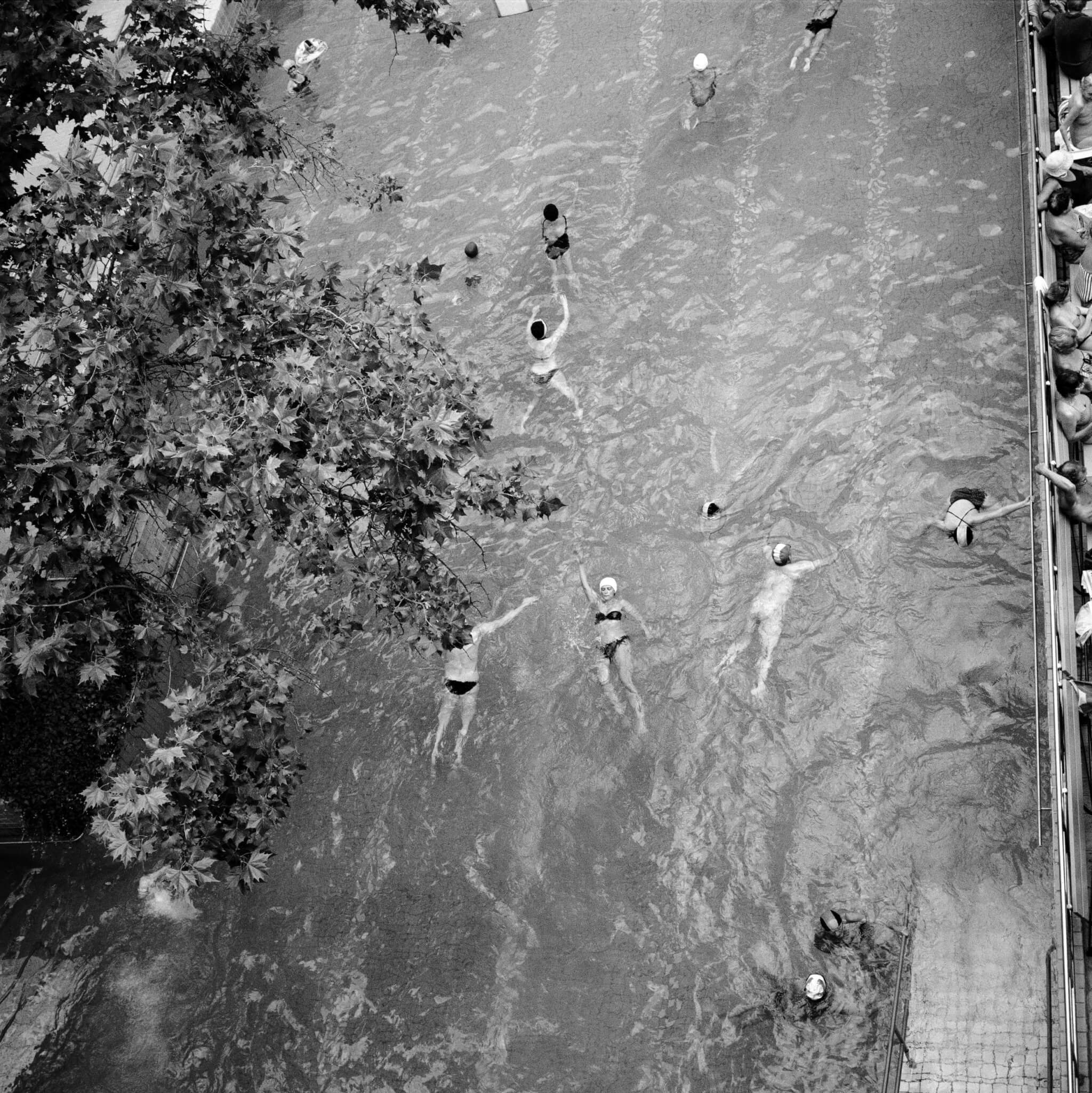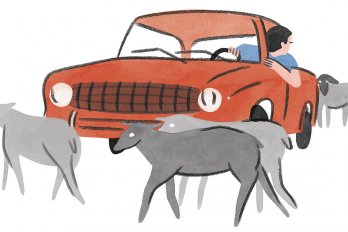In 1990, while visiting a YMCA in Toronto, I came upon a row of women shaving their legs in the showers. The intimacy of the scene surprised me—what I had considered to be a private act was suddenly communal. “You can’t photograph that,” I thought. But the idea of capturing the women’s ease and confidence stayed with me, and I soon embarked on what became a twelve-year project, photographing people in public baths across North America and Europe. My intention was to celebrate individual bodies in all their bizarre specificity. Joining and documenting nude bathers was a way to free myself and, I hope, people who see these photographs from rigid, internalized attitudes about body image—and a way to relearn a basic comfort with the human form.
My first trip for the project was in 1991, when I visited Harbin Hot Springs, a retreat in northern California. At that time, bathers trusted me. None of us imagined photographs being shared instantly on social media, as they would likely be today. The atmosphere was inviting. I could spend hours with a subject, getting to know them long before ever reaching for my camera.
Over the next decade, I visited cultures with more established bathing traditions—in Poland, the Czech Republic, Slovakia, Hungary, Romania, Germany, Italy, Iceland, and Morocco. In Eastern Europe, I was often accompanied by a bathhouse-appointed supervisor while I photographed. But I was also reminded of the democratic aspect of nudity; without any clothes, it was nearly impossible to distinguish between social classes.
Fifteen years later, privacy is more difficult to find and even define; anyone with a phone can take a photograph. Which is, perhaps, why the comfort with which we all sat together is what I remember most clearly.
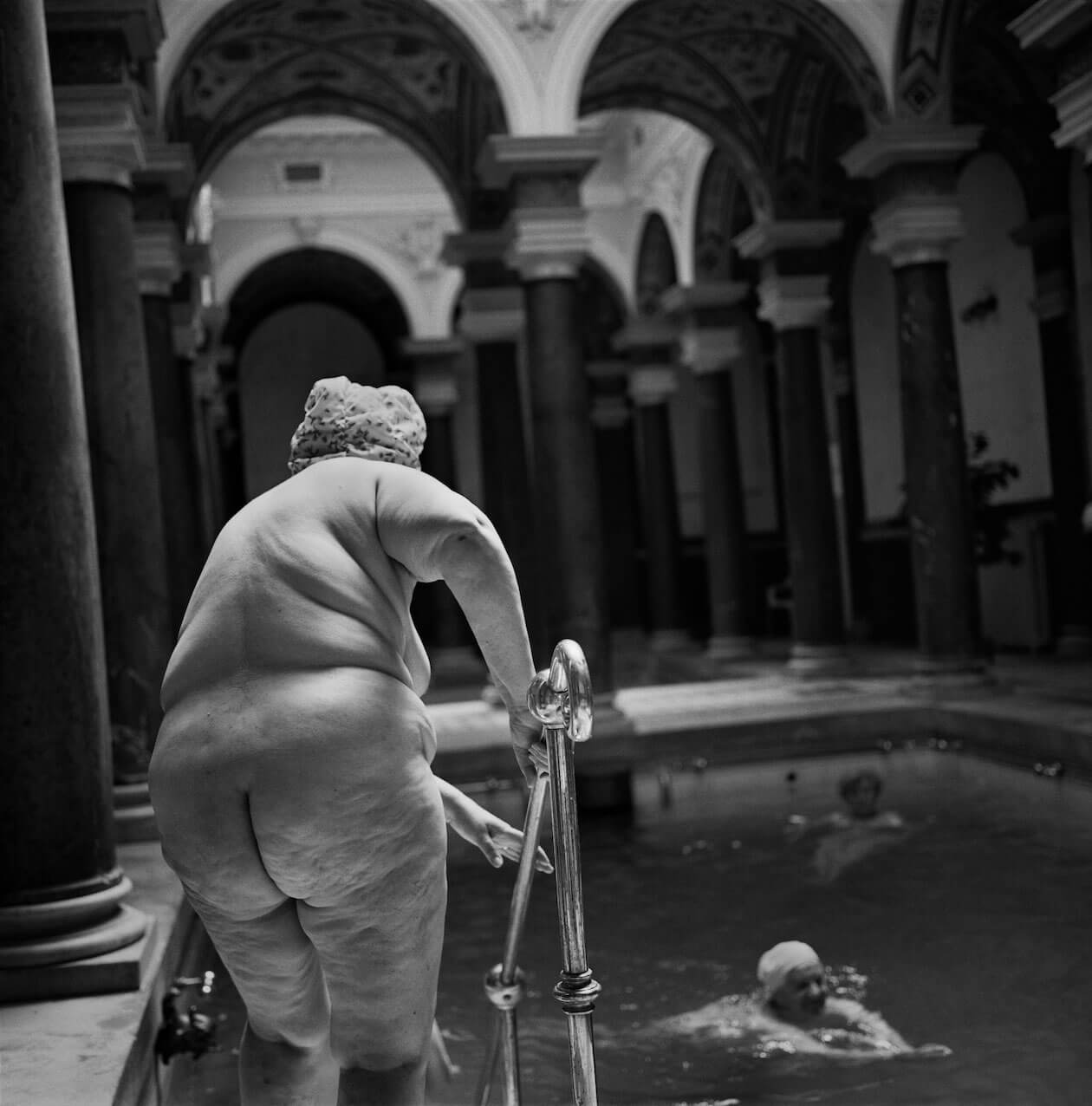
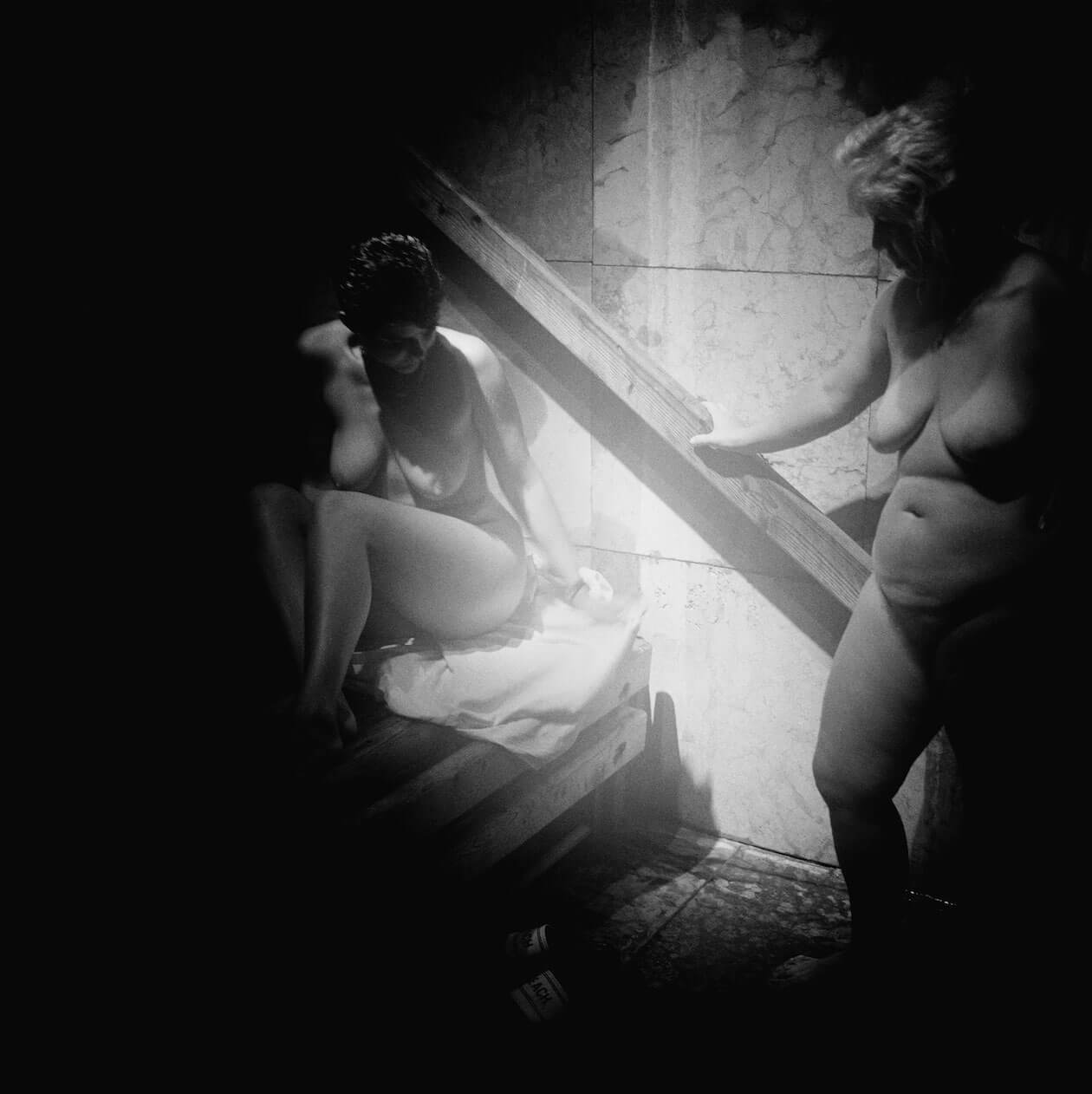
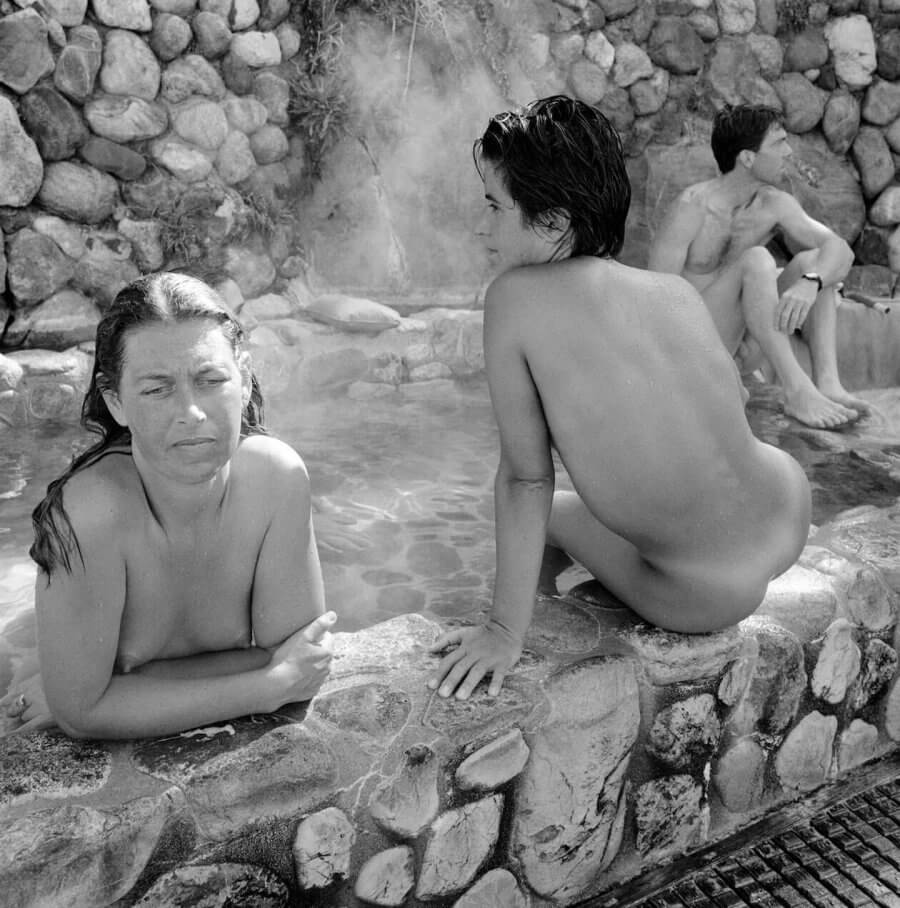
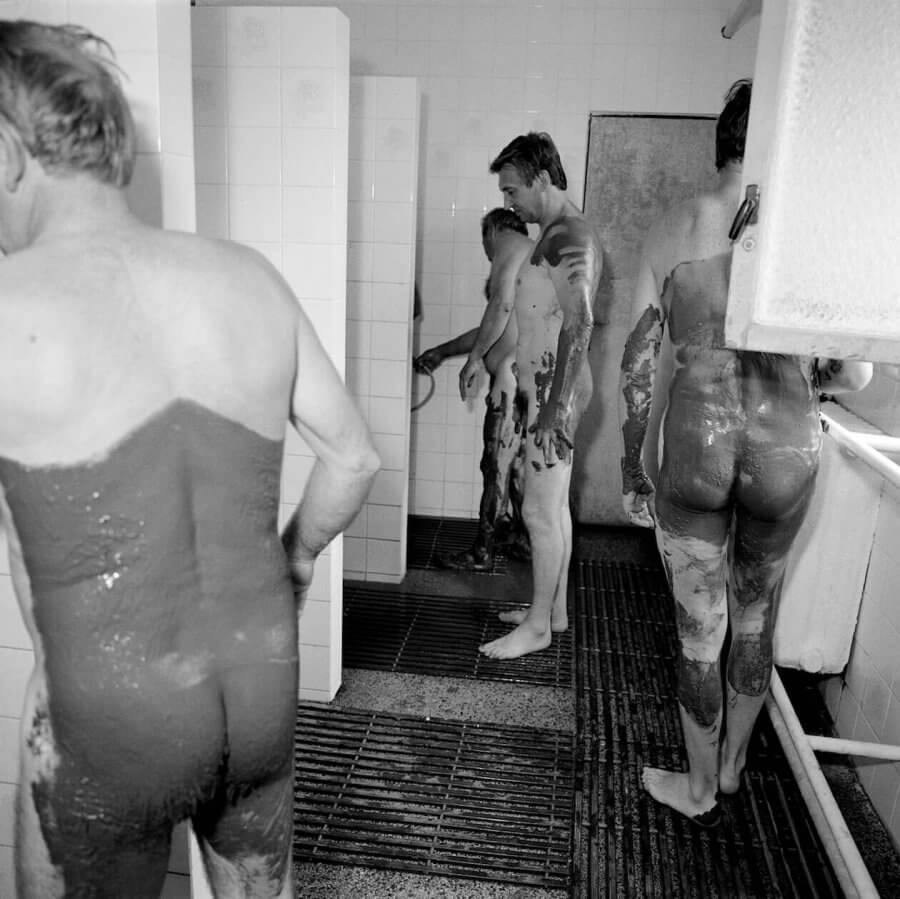
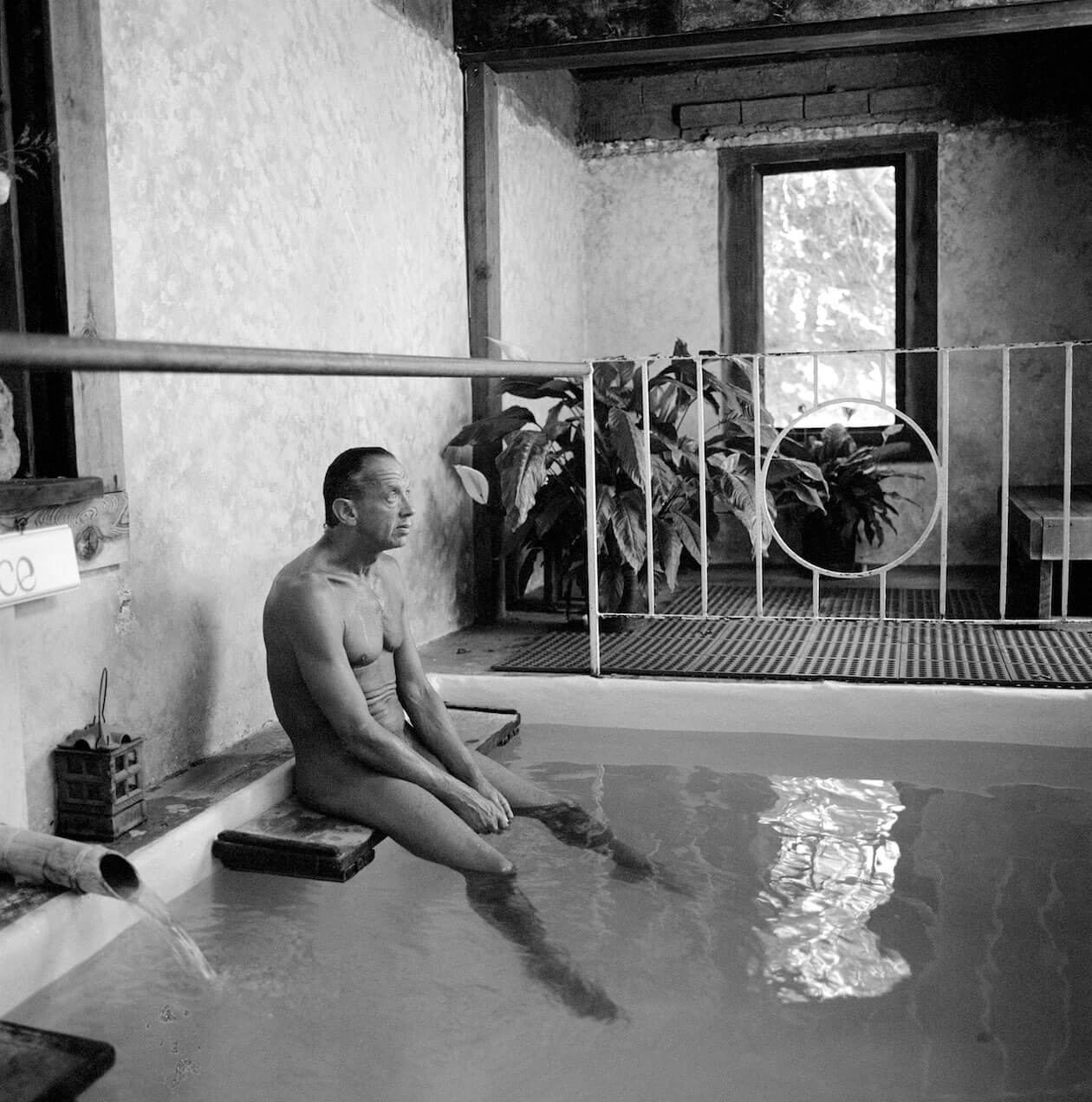
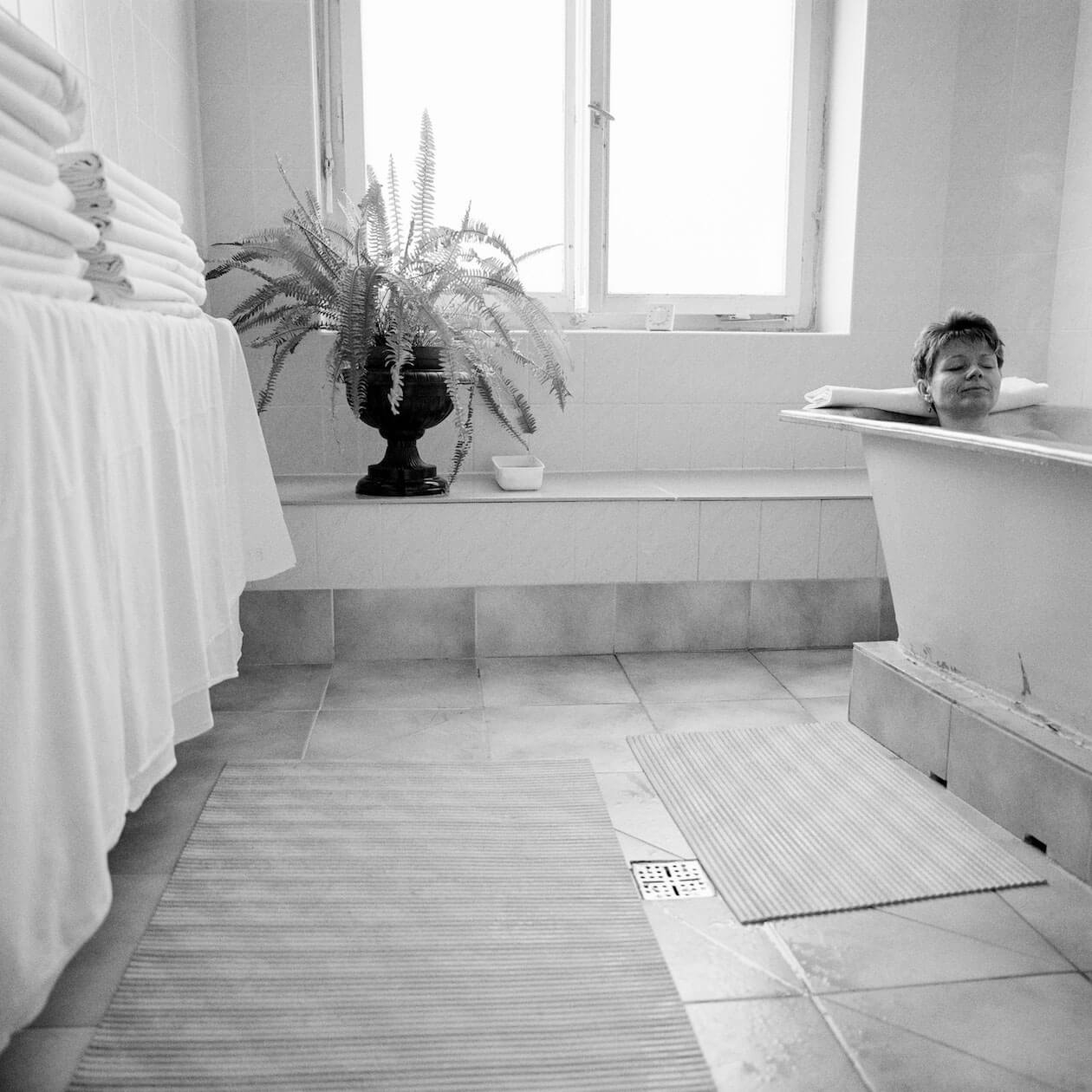
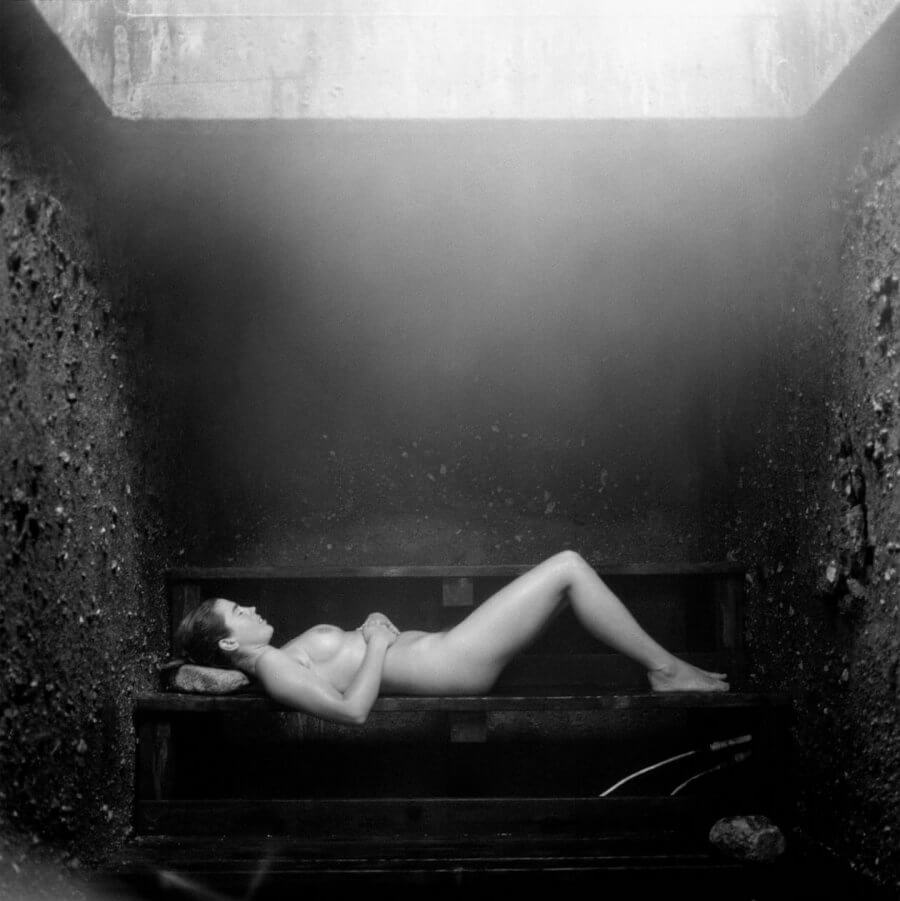
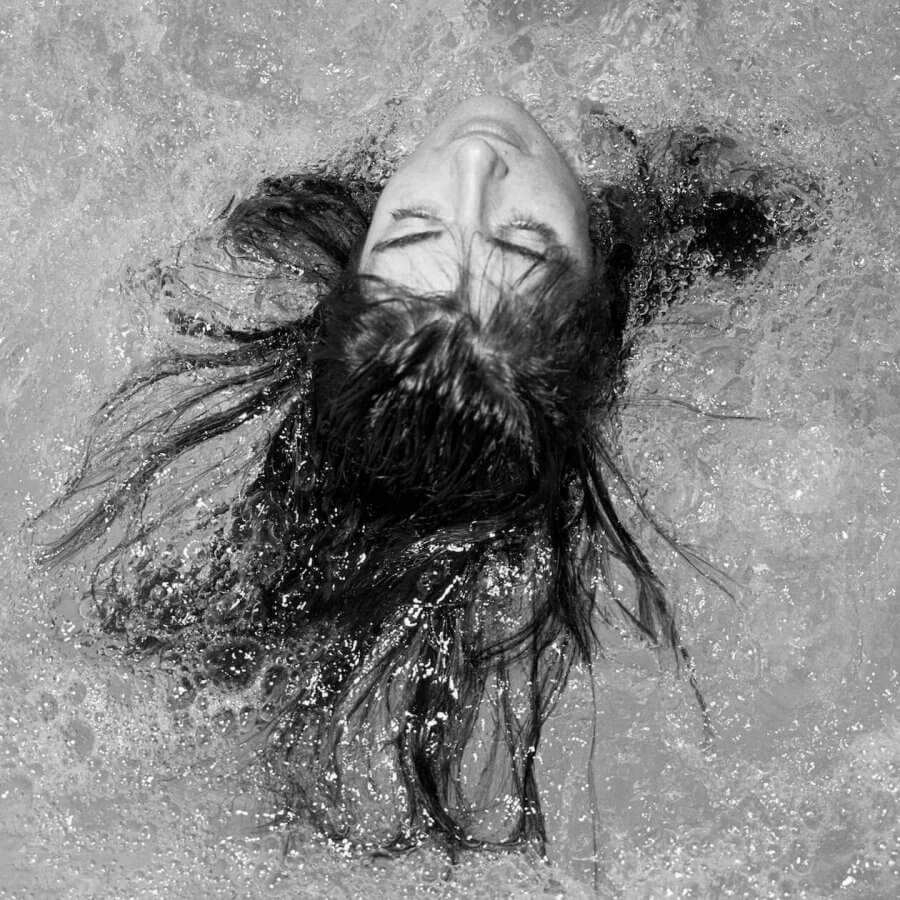
The book Bathers was published by Damiani in 2017.

